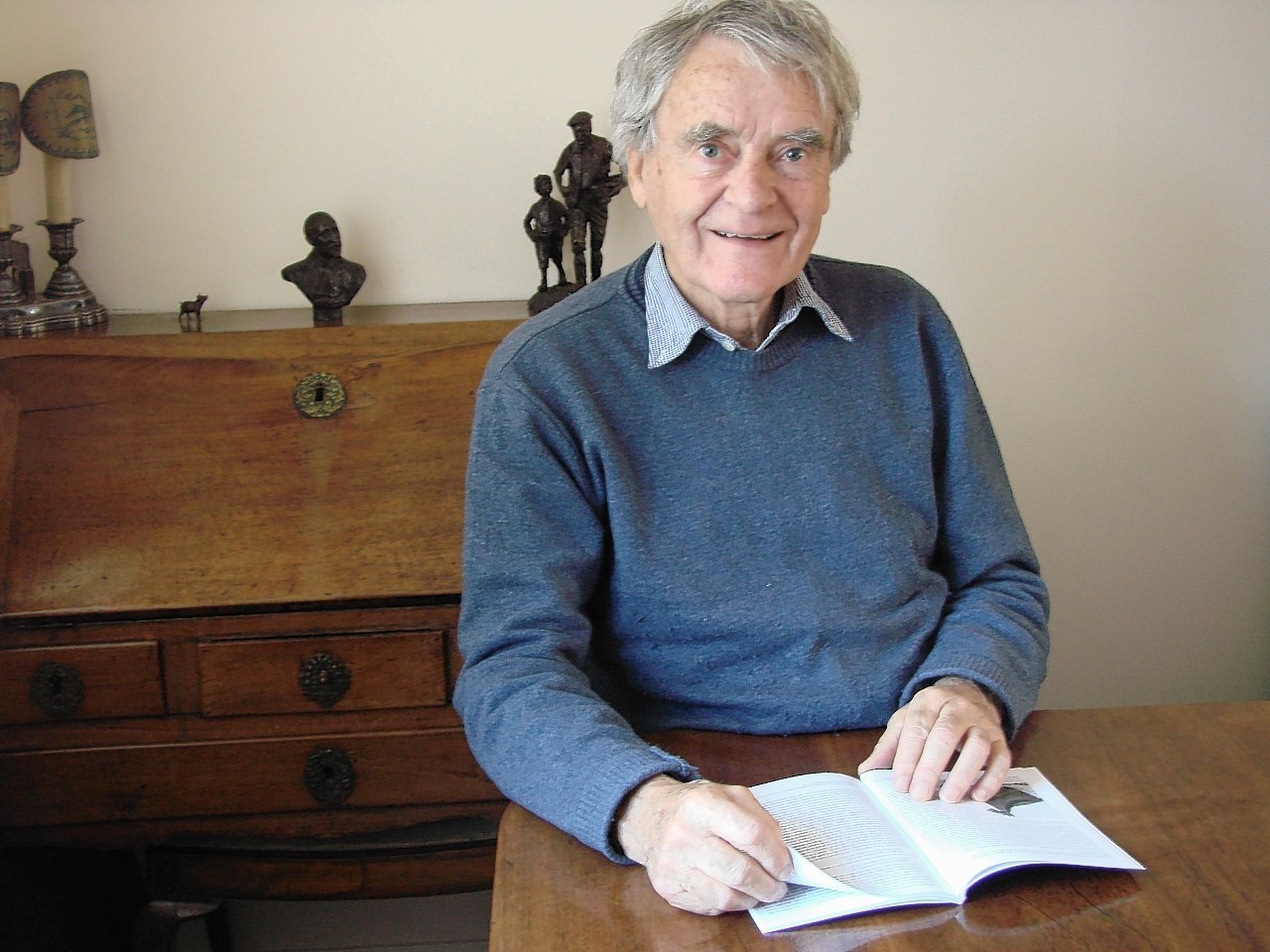As we rapidly approach the time of year when we make plans to welcome in the New Year, some of us might be wondering why, in Scotland, we refer to the night of December 31 as Hogmanay.
It’s a subject that has intrigued author Gregor Lamb for some time, so much so that he’s written a book about it.
Born and brought up in Orkney, the graduate of Edinburgh and Aberdeen universities, is now retired and living in England.
He has published several books on the history and cultural aspects of Orkney but his special interest is Orkney dialect which led to him publishing an Orkney wordbook, a comprehensive etymological dictionary of the dialect which ran to three editions.
“In the third edition I included the word, Hogmanay, which had finally supplanted ‘Neuar Een’ in common usage and I was surprised to find that there was no known etymology for it,” said Mr Lamb.
“This was start of several years of research which ended in the publication of, The Amazing Journey of the Word ‘Hogmanay’.
“Hogmanay was originally a greeting, though having its origin in French in the Pyrenean region, in the form ‘aguillanneuf’ is first recorded in Catalan in the early 13th century in the barely recognisable form guinaldo.
“Its original meaning is Happy New Year but came to refer specially to the gift which was handed over at this time in the hope that the New Year would bring good luck.
“From Catalonia it spread into Spain and in the Spanish language today aguinaldo carries the special meaning, Christmas bonus.”
From Spain it spread to the Spanish dominions entering the Tagalog language of the Philippines with the meaning ‘gift’.
“The greeting, aguillanneuf, spread throughout France and arrived in Britain with the Normans when, by this time, it had collected an initial ‘h’ to take the form Hogmanay, meaning gift,” said Mr Lamb.
“In Scotland it came to be used as a call by young men or children knocking on doors on the last night of the year and eliciting gifts in return for singing a special Hogmanay Song. The lyrics are a corrupted version of the original song sung in medieval France.
“The night came to be referred to as, Singin E’en or Hogmanay night. After a time ‘night’ was dropped to give Hogmanay, the common usage today. ”
The original ceremony in France, now known as Courir la Guillanneuf is celebrated today in only one small French town, St. Hilaire de Chaléons near Nantes.
“It almost died some years ago and had to be resuscitated,” said Mr Lamb.
“Now with the publication of this little book, currently being translated into French, has given new life to the ceremony and some hope for the future.”
The book ends with consideration of the importance of gift exchange in social intercourse and a detailed study of versions of the New Year song formerly sung in Orkney, France and Canada.
